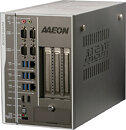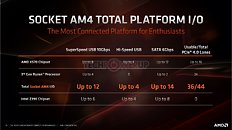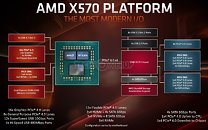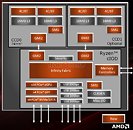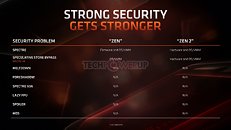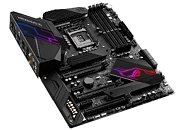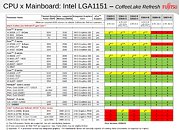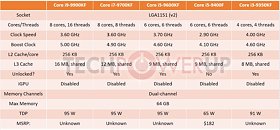Compulab Refreshes Airtop3 SFF Fanless IoT Edge Server Model with GeForce RTX 4060 dGPU Option
Compulab has updated its "ruggedised" Airtop3 compact form factor PC line with a new configuration that includes a pre-installed "Ada Lovelace" GeForce RTX 4060 8 GB discrete graphics card. Back in 2018, TechPowerUp's news section covered the Israeli firm's initiation of a crowdfunding campaign for their fanless Airtop2 Inferno Mini-PC. This second generation design launched with a desktop GeForce GTX 1080 "Pascal" card onboard. Compulab's current-gen SFF fanless IoT Edge server model was first revealed in 2019; debuting with passively cooled Intel Core i9-9900K (Coffee Lake Refresh) processors and Team Green's Quadro RTX 4000 (Turing) graphics cards. Going further back—to February 2018—the brand introduced its vanilla Airtop2 design.
The latest Airtop3 revision still utilizes an old LGA1151 socket platform; compatible with a small selection of Team Blue "Coffee Lake"—original and refreshed—CPUs. The best configuration can be equipped with a workstation grade Xeon E-2278GE processor. The cheapest option is outfitted with an entry level Celeron G4900T unit. As noted by VideoCardz, Compulab's starting price for an Airtop3 + GeForce RTX 4060 dGPU is $2780. A GPU-less setup costs $1790. Customers can pick between the GeForce RTX 4060 or an older "Ampere" RTX A2000 6 GB card. No matter the specification, CPU/APU and GPU aspects are passively cooled via sizeable copper plates.
The latest Airtop3 revision still utilizes an old LGA1151 socket platform; compatible with a small selection of Team Blue "Coffee Lake"—original and refreshed—CPUs. The best configuration can be equipped with a workstation grade Xeon E-2278GE processor. The cheapest option is outfitted with an entry level Celeron G4900T unit. As noted by VideoCardz, Compulab's starting price for an Airtop3 + GeForce RTX 4060 dGPU is $2780. A GPU-less setup costs $1790. Customers can pick between the GeForce RTX 4060 or an older "Ampere" RTX A2000 6 GB card. No matter the specification, CPU/APU and GPU aspects are passively cooled via sizeable copper plates.











